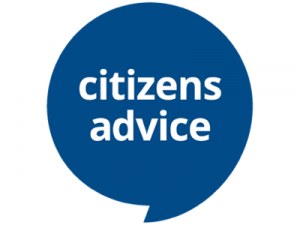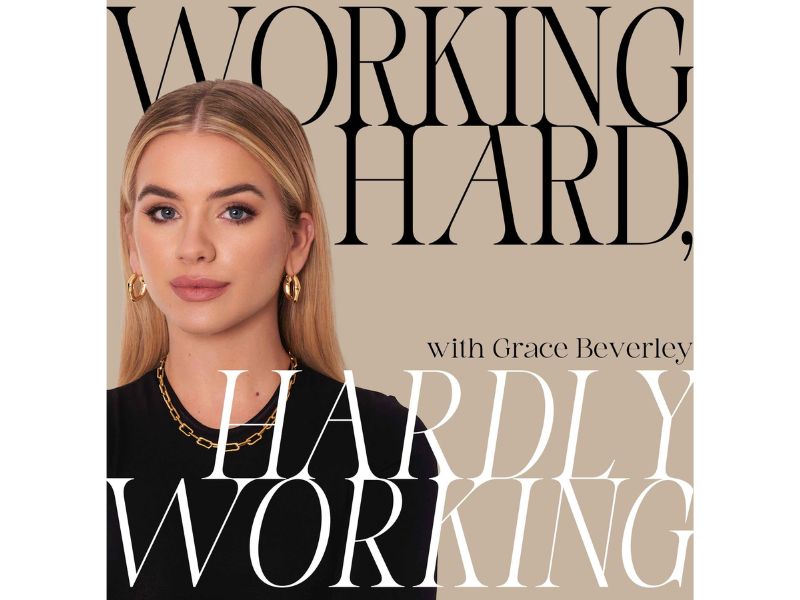The government and employers must do more to close the health and disability employment gap, calls the Citizens Advice Bureau.
 New analysis from the organisation has revealed that disabled people or those with a health condition are more than twice as likely to fall out of work compared to those who are not disabled or have health problems.
New analysis from the organisation has revealed that disabled people or those with a health condition are more than twice as likely to fall out of work compared to those who are not disabled or have health problems.
The study, entitled Working with a health condition or disability, also found that only 36 per cent of those with mental health problems were in work, compared to 53 per cent of those with physical disabilities.
The study also revealed that fewer than one in five people with health conditions or a disability had no qualifications in work, while 68 per cent had advanced qualifications such as a degree.
Citizens Advice is now calling for an increased and improved support for disabled people and those with long term health conditions to help them stay in work or get a job. They are also calling for more to be done to recognise the needs of people with fluctuating or hidden conditions, such as arthritis or depression.
The call from Citizens Advice comes just weeks’ after Lloyd’s CEO, Inga Beale argued that, “we cannot afford to ignore the untapped potential talent that exists within the disabled community.”
Despite these calls to action, according to the Office of National Statistics (ONS), there is currently a 30 per cent employment gap between disabled and non-disabled people.
In a recent survey conducted by the Recruitment & Employment Confederation (REC), 95 per cent of recruiters said that companies were ‘fearful’ or ‘unsure’ about hiring a disabled candidate
Gillian Guy, Chief Executive of Citizens Advice, said, “Closing the health and disability employment gap will take work from both employers and government.”
“Disabled people and those with a health condition face a range of obstacles which need to be recognised and addressed to help them get and keep a job. Simple things like being flexible about medical appointments or adaptable working hours can make a huge difference. It is also vital that people can get timely support from the welfare system when they need it, such as through Personal Independence Payments.”
“As many now work for longer in life, the number of people who need to balance the demands of work and managing a health condition or disability will continue to grow. It is in the interests of employers and government to work together to offer a range of support so anyone who is disabled or has a health condition and wants to work can achieve job security.”








